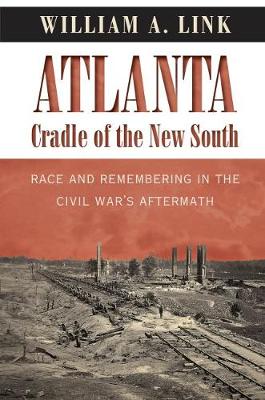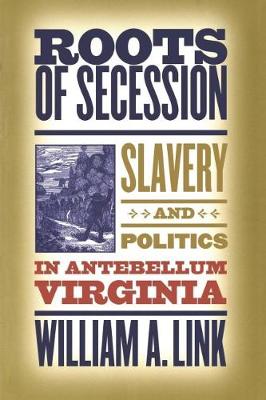Civil War America
2 total works
After conquering Atlanta in the summer of 1864 and occupying it for two months, Union forces laid waste to the city in November. William T. Sherman's invasion was a pivotal moment in the history of the South and Atlanta's rebuilding over the following fifty years came to represent the contested meaning of the Civil War itself. The war's aftermath brought contentious transition from Old South to New for whites and African Americans alike. Historian William Link argues that this struggle defined the broader meaning of the Civil War in the modern South, with no place embodying the region's past and future more clearly than Atlanta.
Link frames the city as both exceptional - because of the incredible impact of the war there and the city's phoenix-like postwar rise - and as a model for other southern cities. He shows how, in spite of the violent reimposition of white supremacy, freedpeople in Atlanta built a cultural, economic, and political center that helped to define black America.
Link frames the city as both exceptional - because of the incredible impact of the war there and the city's phoenix-like postwar rise - and as a model for other southern cities. He shows how, in spite of the violent reimposition of white supremacy, freedpeople in Atlanta built a cultural, economic, and political center that helped to define black America.
The role of slaves and free blacks in the politics of secession An upper South state with nearly half a million slaves and some 50,000 free blacks, Virginia witnessed a uniquely volatile convergence of slave resistance and electoral politics in the 1850s. While masters struggled with slaves, disunionists sought to join a regionwide effort to secede and moderates sought to protect slavery but remain in the Union. Arguing for a definition of political action that extends beyond the electoral sphere, William A. Link shows that the coming of the Civil War was directly connected to Virginia's system of slavery, as the tension between defiant slaves and anxious slaveholders energized Virginia politics and spurred on the impending sectional crisis.

